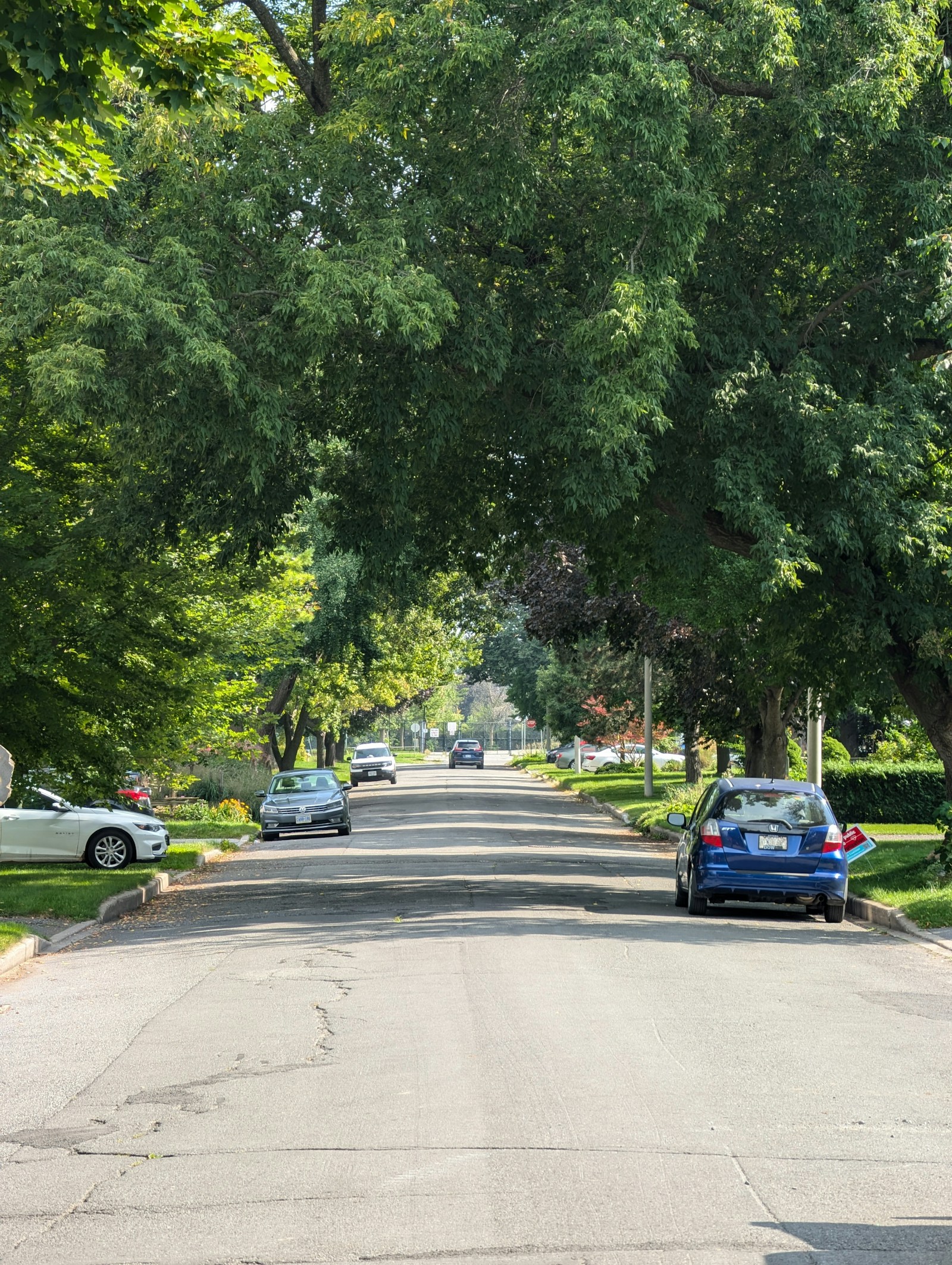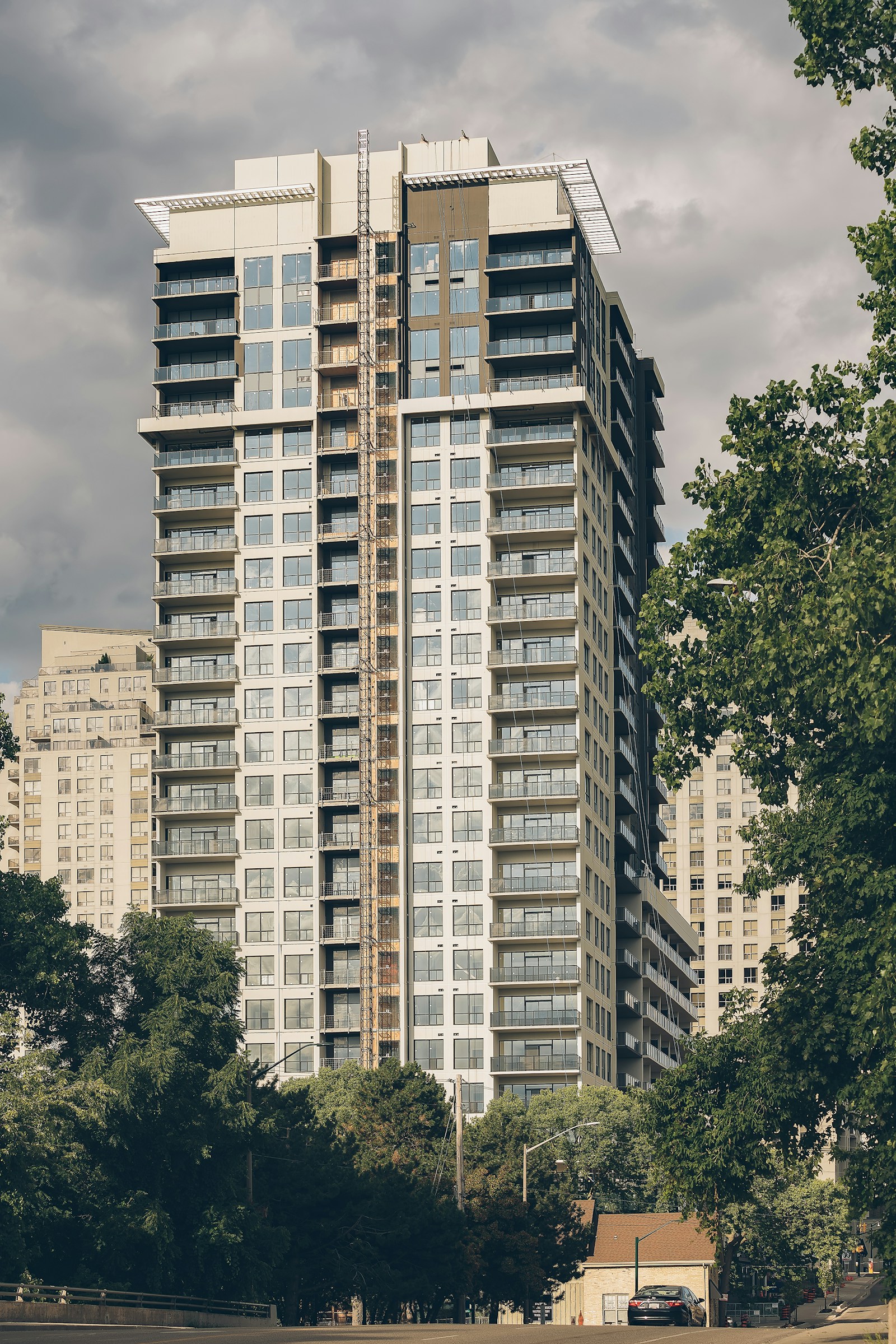Introduction – Getting the Price Right from Day One
Selling your home in Ottawa in 2025 means navigating a market that’s no longer red-hot—but still competitive. Price too high and your listing could sit for months. Price too low, and you leave money on the table. In a market where buyer demand is stabilizing and supply is rising, correct pricing isn’t just important—it’s essential. Here’s how to do it right.
Why Accurate Pricing Matters More in 2025
Buyers are price-savvy: With more homes to choose from, buyers won’t overpay
Online searches filter by price: Your home must hit the right range to even show up in a buyer's feed
Overpricing can hurt your final sale: Homes that sit too long often sell below market
Underpricing creates doubt: Buyers may wonder what's wrong with the home
📊 Factors That Affect Home Pricing in Ottawa
1. Location
Ottawa’s market varies significantly by neighborhood:
Central areas like Westboro or the Glebe command higher prices
Suburbs like Barrhaven or Orleans offer more value per square foot
Proximity to transit (like LRT stations) can increase value
2. Property Type and Size
Detached homes often sell for more than semis or townhomes
Condos require careful comparison to similar units in the same building
Bungalows and single-level homes may appeal more to downsizers, raising their value in some areas
3. Market Conditions
Ottawa in 2025 is showing signs of balance—not the frenzied bidding wars of past years
Expect more realistic buyer offers and longer average days on market
Interest rates, economic forecasts, and inventory levels will all influence buyer behavior
Tips to Avoid Overpricing
Don’t price based on what your neighbor sold for two years ago
Markets shift—your home’s value must reflect today’s conditions.Avoid emotional pricing
Sentimental value doesn’t translate to buyer value. Think like an appraiser.Get a professional CMA (Comparative Market Analysis)
Your real estate agent can pull recent solds, active listings, and expired listings to find the right range.Watch your listing tier
A price of $699,900 hits more buyer searches than $705,000. Price brackets matter online.Test the market realistically
If there's little interest in the first 10 days, it’s often price—not marketing—that needs adjusting.
Tips to Avoid Underpricing
Know your upgrades and features
Finished basements, updated kitchens, new windows, and landscaped yards add real value.Don’t blindly follow the lowest comparables
Pricing based on outdated or distressed sales can hurt your return.Factor in low inventory
If you’re in a high-demand neighborhood with little competition, you can price more assertively.Use round-number psychology to your advantage
Strategic pricing (like $499,900) can create a sense of urgency and perceived value.
How to Adjust Your Price if Needed
No showings after 10 days? Likely overpriced
High traffic but no offers? Price might be slightly off or presentation needs work
Feedback suggests better homes nearby? Time for a reduction
Multiple low offers? Revisit your pricing strategy with your agent
Frequently Asked Questions
Q: How long should I wait before adjusting the price?
If you haven’t had serious interest or offers in 2–3 weeks, it's time to re-evaluate.
Q: Will pricing low lead to a bidding war?
In some cases, yes—but only if demand and inventory conditions support it. In 2025, this tactic is less predictable than in past hot markets.
Q: Should I price high to leave room to negotiate?
Not usually. Most buyers won’t bother with overpriced homes. You may end up chasing the market down.
Q: What if my home is unique?
Work with a REALTOR® experienced in pricing niche or custom properties. These often require a more tailored approach.
Q: Can I rely on online estimators?
Use them only as a rough guide. They don’t factor in condition, location specifics, or recent comparable sales.
Conclusion – Price Smart, Sell Strong
In Ottawa’s evolving 2025 real estate market, smart pricing is your biggest advantage. By using data, working with an experienced agent, and staying objective, you’ll attract serious buyers faster and get closer to your ideal price. Avoid guesswork, ignore emotion, and trust the numbers—pricing it right from the start is the best way to sell with confidence.













